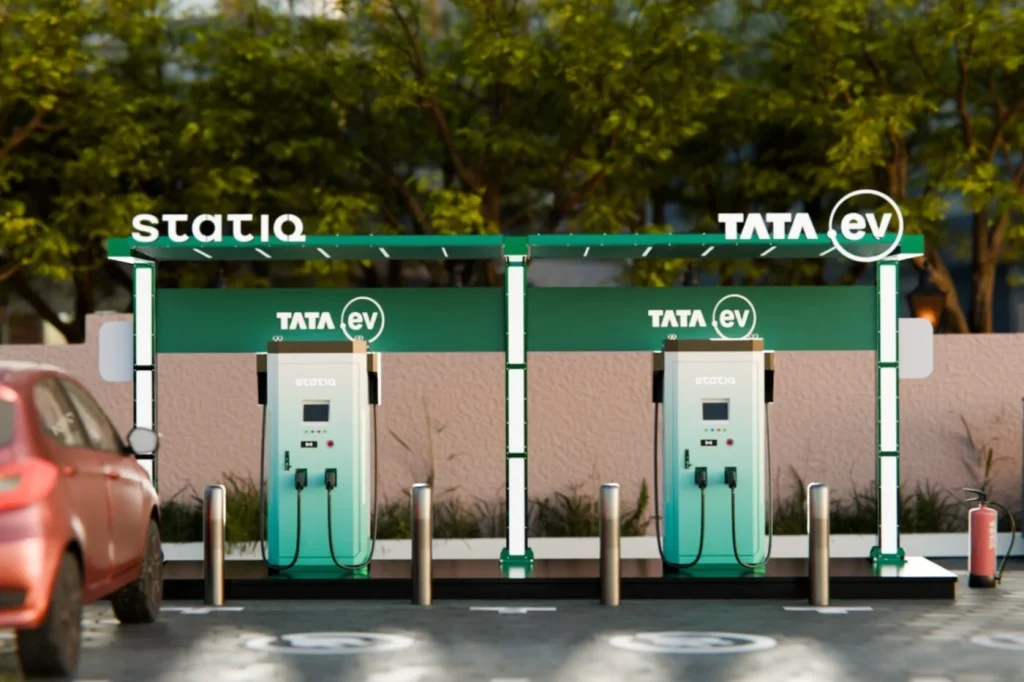India’s electric vehicle (EV) policy, which provides tax incentives for foreign automakers setting up local manufacturing, will limit the extent to which investments in charging infrastructure can count toward required funding commitments, according to a government document seen by Reuters.
Under the policy announced last year, foreign carmakers can import EVs at a reduced 15% tariff, down from around 100%, if they invest a minimum of $500 million in local manufacturing. However, the policy stipulates that only 5% of the total investment can be attributed to charging infrastructure, even if companies allocate a larger share of their funds to developing charging networks.
See also: Tesla Expected to Begin India Sales in 2025, Initial Shipments Planned
“Expenditure incurred on charging infrastructure would be considered up to (a) maximum 5% of the committed investment,” states the 47-page draft document from January 2025. The government is currently consulting with automakers and industry stakeholders and is expected to finalize the rules next month, a source familiar with the discussions said.
The restriction could pose challenges for automakers seeking to enhance India’s limited charging network as part of their market entry strategy. India’s EV sector remains in its early stages, with charging infrastructure often cited as a key barrier to adoption. “The call is being taken as New Delhi wants companies to prioritize manufacturing, and not just charging networks,” an industry source with knowledge of the discussions said.
See also: Tesla Eyes India Expansion, Awaits Tariff Revision Before Market Entry
Tesla, which has been exploring entry into the Indian market, recently finalized two showroom locations and posted a job listing for a “charging developer” to oversee site selection and deployment. The company’s CEO, Elon Musk, had previously put Indian manufacturing plans on hold amid slowing global EV demand.
The draft policy further outlines additional conditions for automakers committing to local production. Companies will need to achieve a minimum turnover of $577 million by the fourth year and $866 million by the fifth year to retain eligibility for the reduced import duty on up to 8,000 electric vehicles annually. Failure to meet these targets will result in a financial penalty ranging from 1% to 3% of the revenue shortfall.
See also: Jio-bp Plans to Install Over 30,000 EV Charging Points in India by 2030
India’s Ministry of Heavy Industries, which is leading the policy implementation, has not responded to requests for comment. Other foreign automakers, including Hyundai and Toyota, have expressed interest in expanding their EV manufacturing operations in India.
